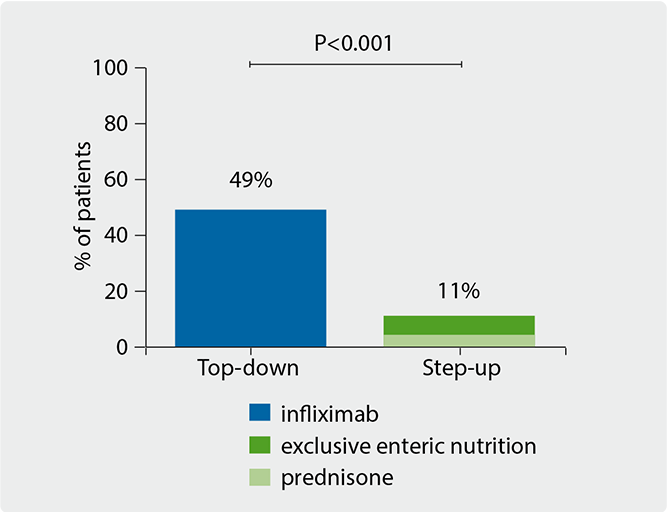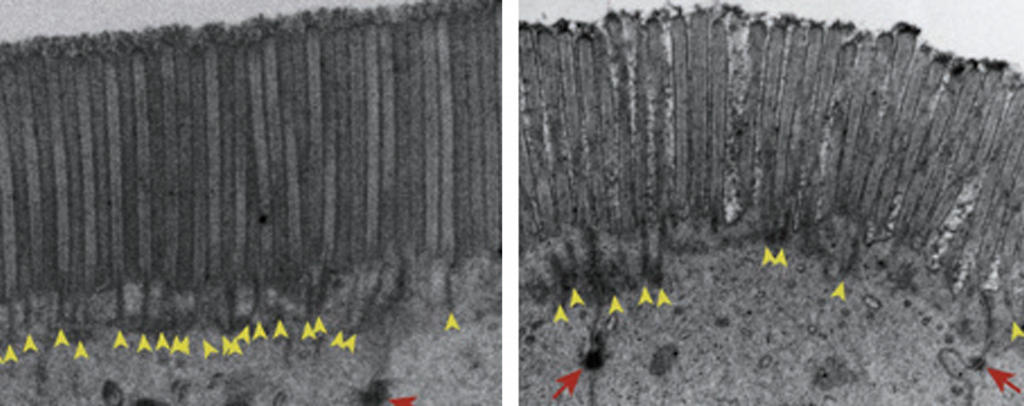Recurrent AP (RAP) develops in 20% of patients and chronic pancreatitis (CP) occurs in 7%–12.8%. However, there is not sufficient information to establish an evidence-based statement to define early CP, or how to prevent its development.
The reported study is an observational prospective follow-up study of the GOULASH-trial in which (1) patients with all severities of pancreatitis were included; (2) patients received only therapeutic modalities which are accepted by the evidence-based medicine (EBM) guideline; (3) whole blood, serum, and plasma samples were collected; and (4) patient-related variables including anamnestic data, physical examination, laboratory parameters, imaging, therapy, and complications were collected. The aim of GOULASH-PLUS study is to understand the influencing factors of CP and to determine which parameters should be measured to detect the early phase of CP.
In total, 93 of the 126 included patients (73.8%) received a first-year check-up within the trial. Their mean age was 54 years and 61.2% was male. Mild, moderate, and severe AP was observed in 69 (74%), 19 (21%), and 5 (5%) patients during their index admission. About 20% of patients (18/126) was admitted with recurrent AP. At the first-year follow-up, 9 patients were newly diagnosed with diabetes, and 21 patients had impaired glucose tolerance. The incidence of diabetes increased after the first year of AP from 12.9% to 22.7%, and at 12 months follow-up 45.3% of the patients had evidence of glucose intolerance. Patients who were admitted with moderate or severe AP were more likely to develop diabetes (5/24 patients; 20.8%) than patients with mild AP (4/69 patients; 5.8%).
- Kato D et al. UEG Week 2019, Abstract OP305.
Posted on
Previous Article
« Human milk oligosaccharides improve IBS symptoms Next Article
Obeticholic acid prevents liver fibrosis from NASH »
« Human milk oligosaccharides improve IBS symptoms Next Article
Obeticholic acid prevents liver fibrosis from NASH »
Table of Contents: UEGW 2019
Featured articles
Interview with UEG President Prof. Paul Fockens
Upper GI Disorders
Locally active corticosteroid promising in eosinophilic oesophagitis
First-in-human radiofrequency vapor ablation in Barrett’s oesophagus
Irritable Bowel Syndrome
Faecal microbiota transplantation is effective for irritable bowel syndrome
Human milk oligosaccharides improve IBS symptoms
Inflammatory Bowel Disease
Ustekinumab is safe and effective in ulcerative colitis: 2-year data
Decreased microvilli length in CD patients
Phase 2 data shows benefit for mirikizumab in CD patients
Subcutaneous ustekinumab as maintenance therapy in UC
First evidence of long-term efficacy of ABX464 in ulcerative colitis
New treatment may reverse coeliac disease
IBD prevalence 3 times higher than estimated and expected to rise
Microbiome and Microbiota
Early stages of gastric metaplasia: molecular profiling
Plant-based foods and Mediterranean diet associated with healthy gut microbiome
Antibiotic resistance in H. pylori has doubled over last 20 years
Pancreatitis
New model predicts recurrence of acute biliary pancreatitis
Hepatology
Restrictive strategy for cholecystectomy selection does not reduce pain, but does reduce surgery
β-blockers may halt cirrhosis progression: PREDESCI trial
Obeticholic acid prevents liver fibrosis from NASH
Oncology
Metal stents are better than plastic for endoscopic biliary drainage
Ramosetron relieves low anterior resection syndrome
Immunonutrition during neoadjuvant oesophagogastric cancer therapy: no benefit
Endoscopy
EUS-guided histological specimens from the pancreatic cyst wall
Digital single-operator cholangioscopy more sensitive than endoscopic retrograde cholangiopancreatography
New single-use duodenoscope well-liked by endoscopists
Related Articles

October 23, 2019
Practice-changing: infliximab in children with Crohn’s
October 23, 2019
Half of common medications wreak havoc on gut microbiome

October 23, 2019
Decreased microvilli length in CD patients
© 2024 Medicom Medical Publishers. All rights reserved. Terms and Conditions | Privacy Policy

